Translated by Zameelur Rahman
Muhammad ibn ‘Umar al-Makki narrated to us: ‘Abd al-‘Aziz al-Darawardi narrated to us: from Yazid (who is Ibn ‘Abdullah ibn Usamah ibn al-Had): from Muhammad ibn Ibrahim: from Abu Salamah ibn ‘Abd al-Rahman: from ‘A’ishah, the wife of the Prophet (Allah bless him and grant him peace), that she said:
“When the Messenger of Allah (Allah bless him and grant him peace) would complain of an illness Jibril would perform a ruqyah. He would say: ‘In Allah’s name, He will heal you, and from every sickness He will cure you, and from the evil of the envier when he envies, and the evil of every holder of the eye.'” (Sahih Muslim)
His statement “Jibril would perform a ruqyah“: this contains [evidence] of the permissibility of ruqyah.
Al-Hafiz said in al-Fath (10:195): “The ‘ulama are agreed on the permissibility of ruqyahs when three conditions are met: that it is [done] using Allah’s speech or using His names and attributes; it is in the Arabic language, or in a manner that its meaning is understood if another language [is used]; and to believe that the ruqyah itself does not have efficacy, rather [its efficacy] is through Allah’s Essence (Most High).”
It is probable he meant by the first condition that it does not contain istimdad (seeking help) from other than Allah, for otherwise it appears that the mention of Allah’s name should not be a condition. The hadith of ‘Awf ibn Malik is to come from the compiler [Imam Muslim] in which he said: “We used to perform ruqyahs in Jahiliyyah (pre-Islamic times), so we said ‘O Messenger of Allah! What do you think of this?’ And he said: ‘Present your ruqyahs to me. There is no harm in ruqyahs so long as they do not contain any shirk (polytheism).” And this is the basic principle in this matter.
As regards to the hadiths in which the prohibition of ruqyahs is mentioned, or the hadiths in which those who do not seek ruqyahs are praised, they are understood to refer to the ruqyahs of the disbelievers which contain words of shirk or istimdad with other than Allah Most High, or ruqyahs whose meanings are not understood, since these are not safe from containing shirk and are thus prohibited as a precaution. And Allah (Glorified is He) knows best.
Takmilah Fath al-Mulhim, Vol 4 pp. 256-7

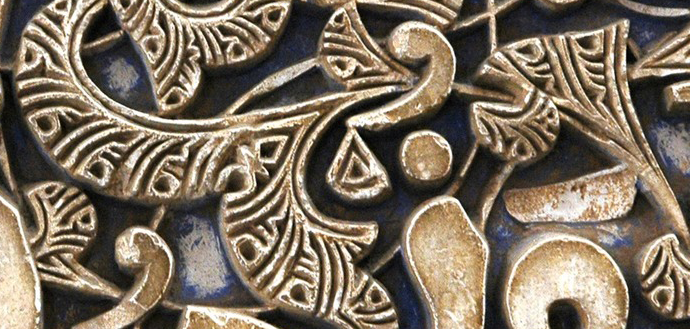
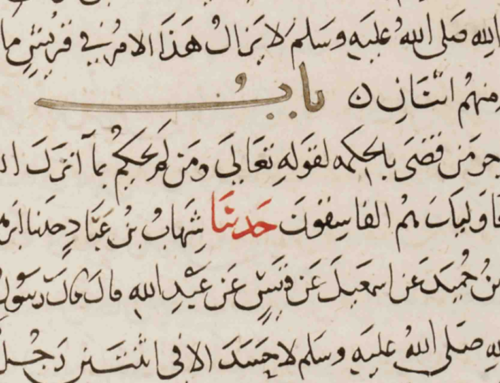
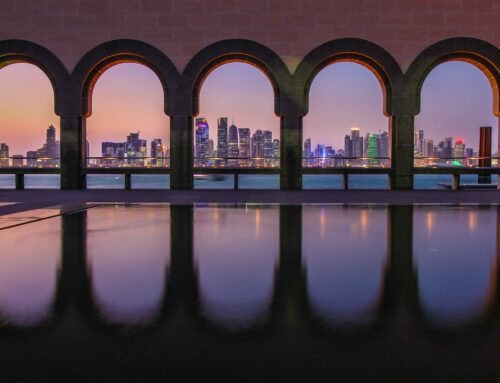
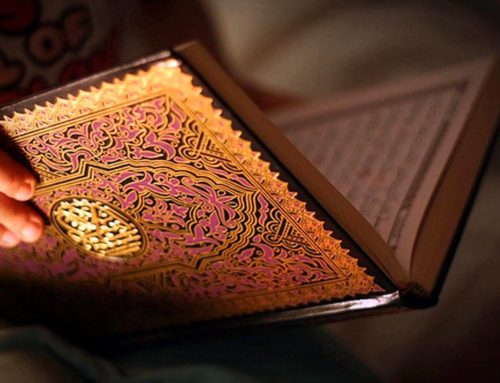
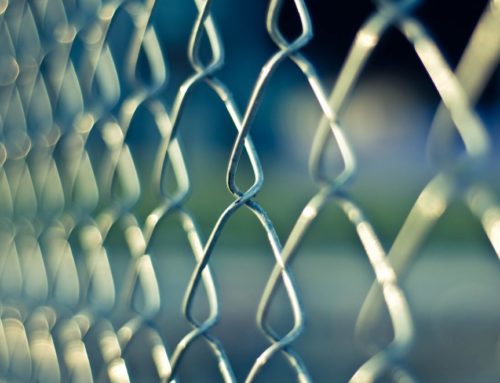
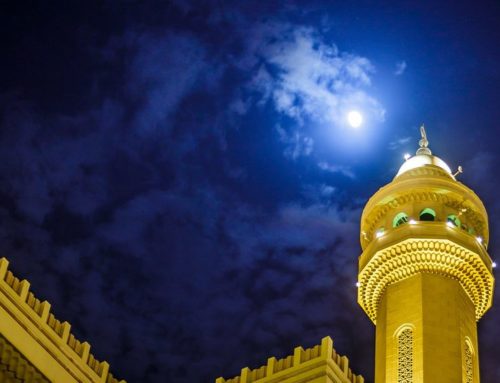
I have been searching for Ruqyah in the audio as well as printed form if there is a way to send it to me I would really appreciate it.
Jazakallah Khair.